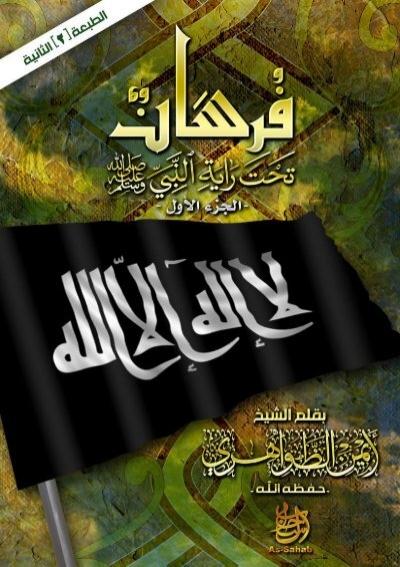Activists of “Jihadi Salafism” in Morocco are waging a campaign on social networking sites calling for not celebrating the New Year’s Eve. It is "forbidden and similar to the Christians."
The Salafist movement launched an attack on their former colleague Muhammad Abd al-Wahhab Rafiki, known as “Abu Hafs,” a researcher in Islamic studies, because he published a picture with the “Christmas” tree in celebration of Christmas, and attached his picture to a “post” in which he said: “Celebrating this Today, events are culture, customs, and opportunities for joy and rejoicing.”
Hassan al-Kattani, the most prominent figure of the "Salafi jihadi", who is leading a campaign on social media against New Year's celebrations, casting candles on his former companion in stances, and said: “It is customary for our scholars to make the occasion a condition for speaking about certain evils. Therefore, it is compulsory for Muslims these days to denounce what is happening in the country of disgraceful resemblance to the infidels, and that is with the celebrations of the Christian New Year by placing the malicious tree and the coming of their father Noel to give gifts to children wearing his red suit with his white beard and buying New Year’s candy.
The Salafist activist added: “He who smells the scent of knowledge and has some religion has no doubt that these appearances are an ugly resemblance to the nation of Christians in particular their feasts, customs and traditions. This must be denied instead of denouncing the reformers and sober preachers.”

For his part, Muhammad Abd al-Wahhab Rafiki believes that the fatwas prohibiting the celebration of the birth of Christ, the son of Mary, and New Year’s holidays “were nothing but a kind of reaction from Muslim jurists who saw these celebrations as a threat to their identity and beliefs, so they considered them reprehensible innovations.”
The researcher in Islamic jurisprudence explains that the innovation of celebrating the birth of the Prophet in the fourth or fifth century AH “was nothing but a reaction to these celebrations that spread in the countries of Morocco and Andalusia, as history books tell about the Moroccans celebrating the birth of Jesus and the peasant New Year, which was the head of It is Sunnah for the people of Morocco to wear the best clothes, compose poems, and exchange congratulations.
And behind the prohibition of New Year's celebrations, according to the same speaker, are "waves of Wahhabism that invaded Islamic societies, reviving fatwas of prohibition and innovation, and re-establishing such controversy at the New Year's Eve."
Rafiqi added in his controversial “post”: “Today, I think we have overcome that identity and doctrinal conflict a long time ago. You understand the reaction of the previous jurists in the framework of the religious wars that were at the time; But today the whole world, with all its religions, sects and trends, celebrates the New Year, the end of one year and the beginning of another, and respects the holidays of all religions, including those of Muslims, and congratulations are exchanged between all the sects of the earth at every occasion, away from these ideological conflicts.
The position of the man, who became controversial among his brothers with whom he shared the same convictions one day, affirmed that “celebrating these occasions is today a culture, customs, and opportunities for joy and exultation, and it is not a worship that can be called heresy, and everyone has the right to celebrate the birth of all the prophets, but rather And other than the prophets.
In Morocco, New Year's Eve is not officially celebrated; However, an official holiday is granted in public institutions and the private sector. Moroccans also celebrate, each according to his capabilities, this religious occasion by traveling, shopping in malls, or purchasing sweets.
At every new Gregorian year, King Mohammed VI is keen to send congratulatory telegrams to the leaders of brotherly and friendly countries that celebrate this occasion. He also celebrates, with family and friends, every year, the New Year, by spending a short holiday in a country.
